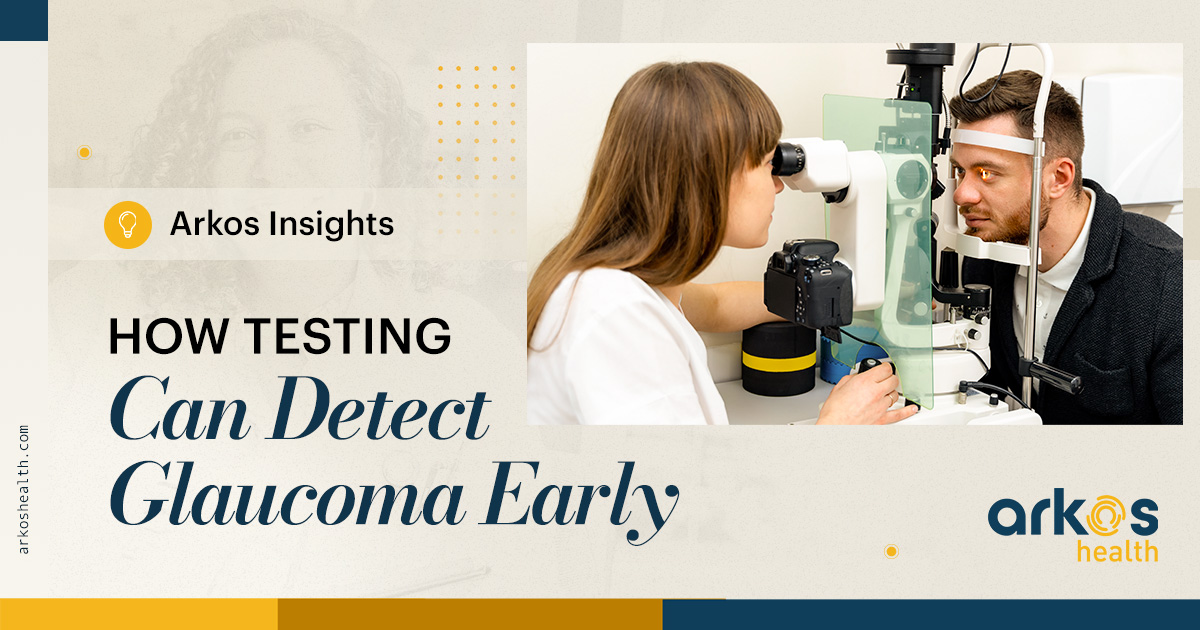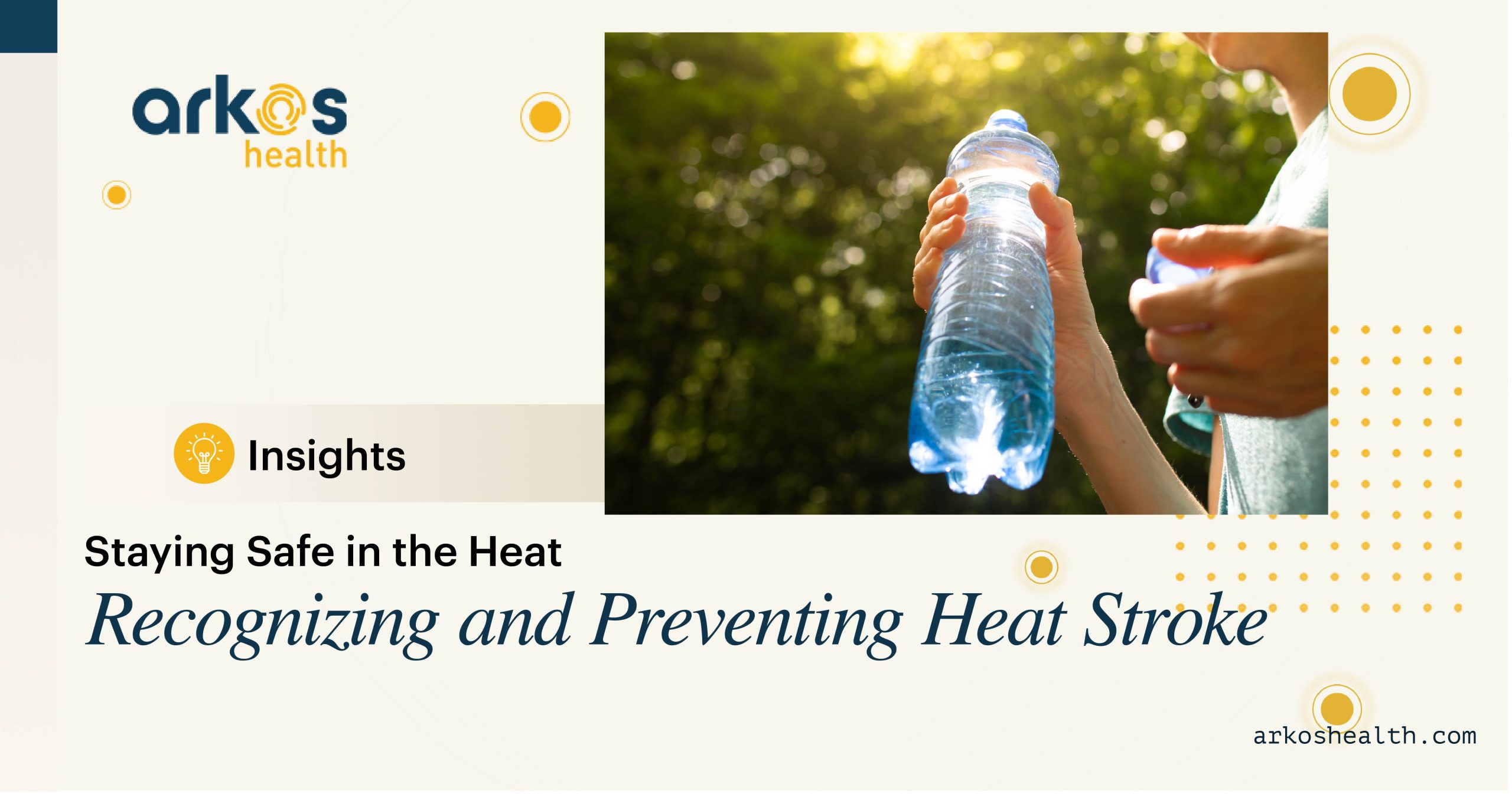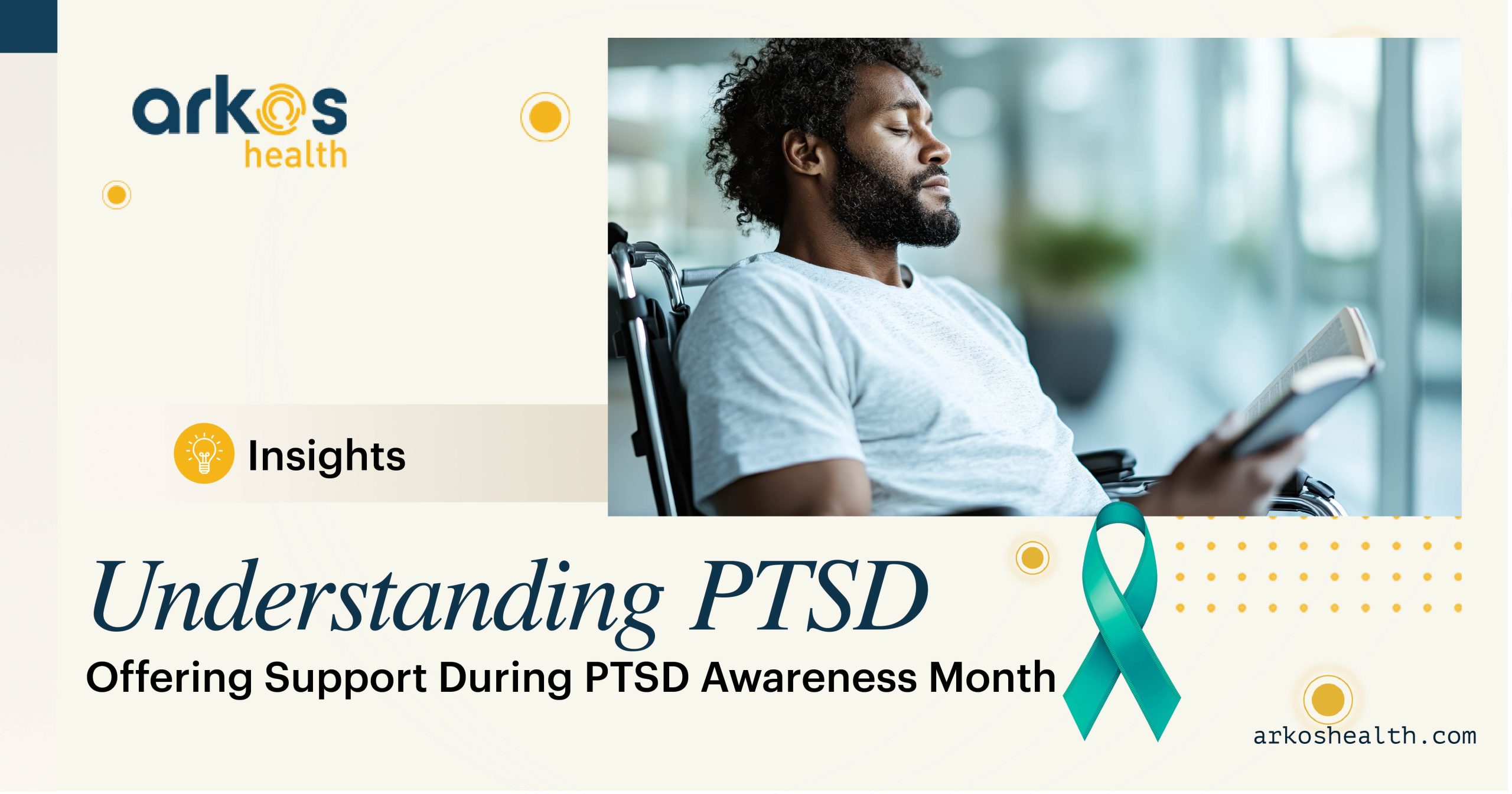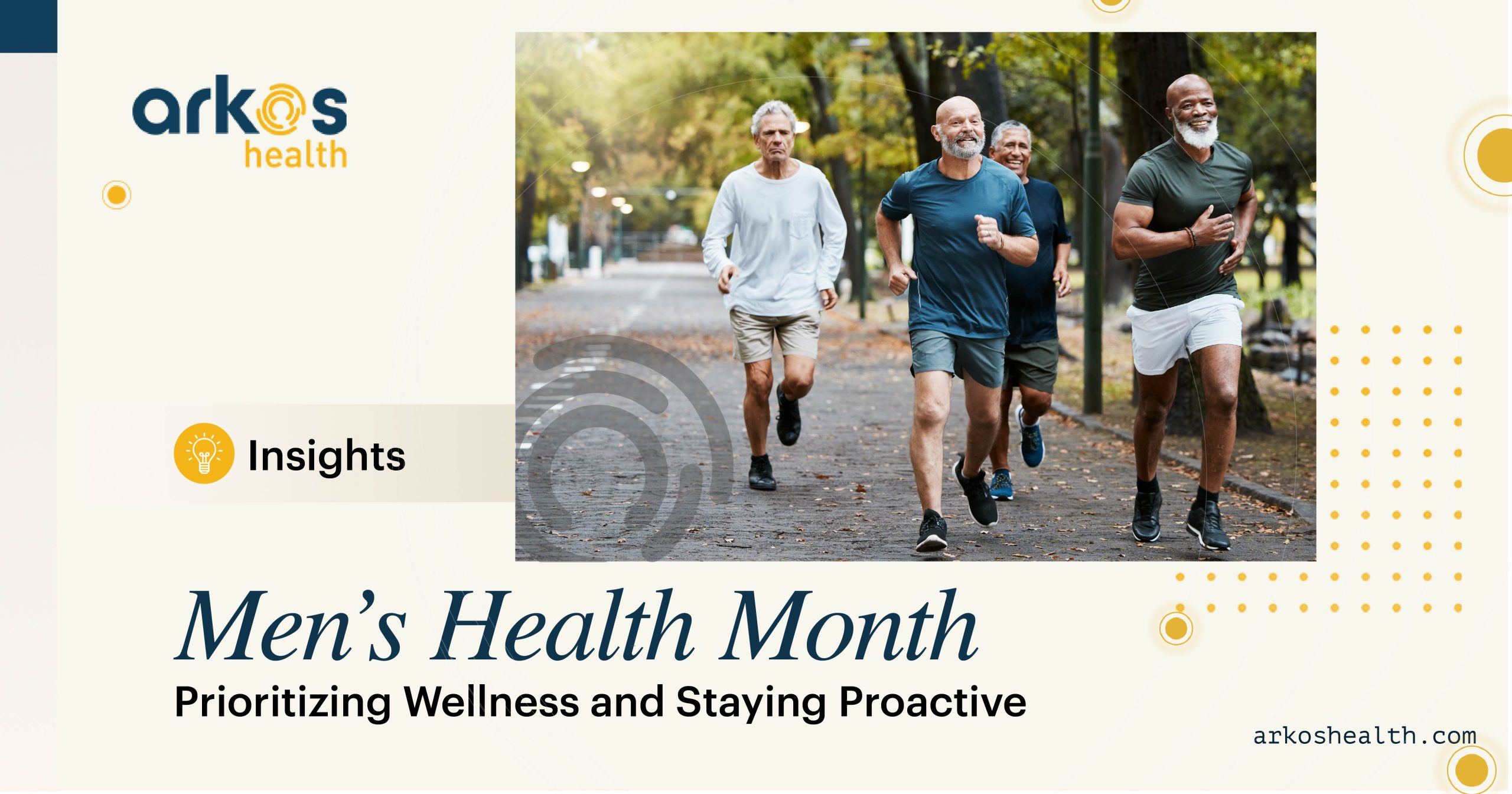
The Arkos team is supporting Glaucoma Awareness this month, and encouraging our clinical team, our members, our employees, and partners to learn more about how early testing can identify risks and slow down the progression of this still incurable disease.
Globally, there are over 43 million blind people, with close to another 300 million living with some form of moderate-to-severe visual impairment. Of this number, less than one percent of these people are born blind, with most of the irreversible blindness caused during one’s life. While there are a variety of factors influencing irreversible blindness, such as geographical area, age, socioeconomic status, and education status, one of the most notable causes currently is glaucoma.
Glaucoma is a fairly common ailment, with as recently as 2020, 3.54% of adults between the age of 40 and 80 having a confirmed diagnosis, bringing the total number to 76 million people worldwide.
Unfortunately, its commonality makes it no less dangerous, being the second leading global cause of irreversible blindness with 11 million people, nearly a quarter of all irreversibly blind people, having totally lost their vision due to the disease.
What makes the disease so threatening is that it develops slowly and is asymptomatic, meaning it often goes undetected until significant loss and constriction of the visual field has already set in. This is the case for both types of glaucoma, primary open-angle glaucoma (POAG), which accounted for 69.2% of all glaucoma cases, as well as primary angle-closure glaucoma (PACG).
Visual impairment due to glaucoma can have profound effects on a person, even before it progresses to complete irreversible blindness affecting nearly every aspect of their daily life.
Poor vision can reduce a person’s ability to work, perform housework, cook, maintain a home, or care for family members. Glaucoma can even make it difficult to walk on uneven ground, maneuver in crowds, cross the road, take the stairs or drive, as reduced central or peripheral vision can lead to reduced mobility and is widely accepted to increase the risk of falls.
Sadly, due to the inexistence of a cure, as well as an aging population, the total number of glaucoma patients is only expected to grow. Experts estimate that by 2040, there will be 111.8 million people between 40 and 80 with glaucoma, a staggering 47 percent increase from current day. Furthermore, experts predict that this number could be even higher, given the number of undiagnosed and untreated glaucoma cases is also expected to rise.
Because there’s only treatment that can slow and ultimately halt the visual impairment process, but no cure to reverse the effects, the only confirmed method that can help a person from avoiding blindness is to get early screenings for glaucoma.
However, many people, both with and without factors for high risk of glaucoma, do not receive routine annual eye exams by an ophthalmologist, even when they have the financial means to cover screenings.
A study found that 50 percent of respondents cited priorities as a barrier, saying they either identified eyesight as low on their list of medical priorities, or simply did not have the time given other responsibilities. On top of this, 41 percent of participants expressed how a lack of personal knowledge of different eye diseases affected their motivation to seek out care, and actively prevented them doing so.
Getting an early screening is the only possible way to prevent irreversible blindness by diagnosis and treating the glaucoma before it progresses beyond repair.
For example, the Salisbury Eye Evaluation Glaucoma Study found that screening patients over 80 years of age could reduce the prevalence of blindness by 10.9 %. Furthermore, they found that earlier and more frequent screenings would have an even more significant impact. Starting when a high-risk patient was in his or her 50s, and adding glaucoma screenings at age 60 and 70, could reduce undiagnosed glaucoma by 33%, visual impairment by 6.8% and blindness by 9.9 %.
Policies are needed that prompt referrals by primary-care physicians for patients in elevated risk groups and for patient support that encourages examinations, treatments. and medication adherence. These policies and practices could include extended hours, community screening sites, and free or low-cost screening, all of which would more likely spur people to get screened sooner rather than later.
New policies aside, it is imperative at all levels to improve knowledge surrounding glaucoma, as even though progress has been made in diagnosing and treatment, the disease remains a significant concern.
Arkos is committed to reducing strain of glaucoma for our members, which is why our care support teams are always here to help. For any member concerned about eye health, they are invited to connect with their local care support team to get a screening scheduled today. Doing so can go a long way toward encouraging those at risk to seek care, limit the progression of this disease, and lift the burden of blindness and visual impairment from millions in their golden years.
Learn more about Glaucoma Awareness visit the Glaucoma Research Foundation.
BY Arkos Insights
Published January 23, 2024 6:18PM


